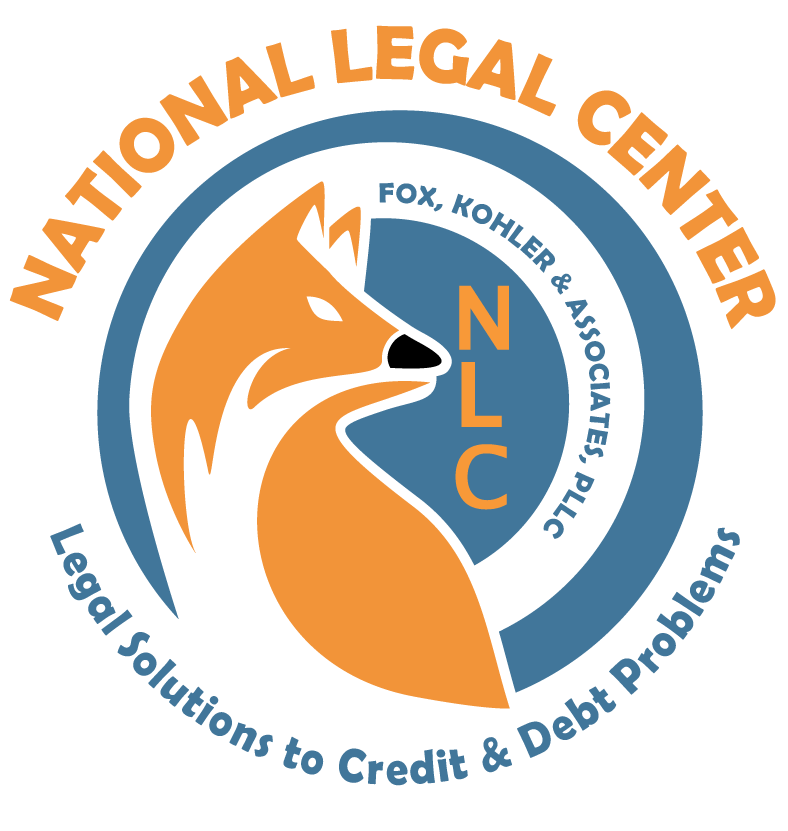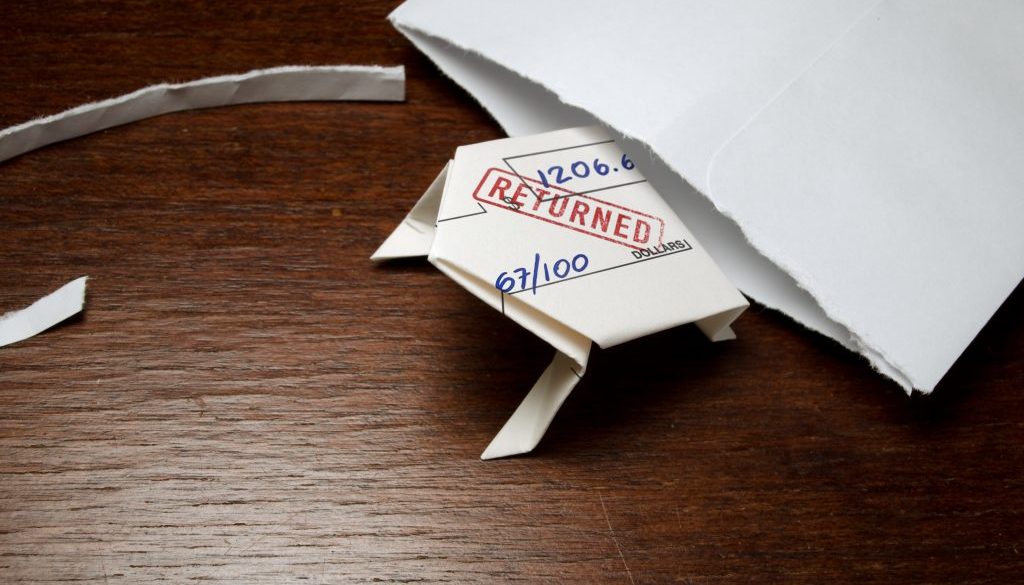Wrap it Up, I’ll Take It – or Maybe You’d Better Not!
By now, most of us are familiar with check-cashing schemes. We know that any time someone you don’t know sends you a check or money order and asks for money back, it’s a scam. The scammers always have some far-fetched reason: – they’re stuck out of the country; they need you to cover taxes or fees; or some other lame excuse. We know if you do put that check in your account, by the time the bank realizes it’s fake, the scammer has your money and you’re stuck paying the bank back. Our familiarity with this trick has forced the scammers to resort to new more creative ways to get our money. The latest sting looks like a great way to earn extra cash with very little effort, but in reality, it’s just a new variation of the same old tired scam. And it works like this…
You get a text or email promising hundreds of dollars each week just by wrapping your vehicle with advertisers’ logos and slogans. As you drive around, your vehicle acts as a moving billboard for which those advertisers will give you money. All you had to do was fill out an online form and you were told you “got the job”- no interview or references required. You are told you will soon receive a cashier’s check for deposit into your bank account. Then they ask you to send them back part of the money to pay for having the advertising wrap applied to your car. It all sounds too good to be true.
And that’s because it is. In reality, you are now the victim of a scam. The aim of this con is to have you deposit fake money, but send the scammer real money, usually by way of a gift card or some other untraceable means. In this case, the scam works under the guise of offering employment, but once the money is spent and the check turns out to be phony, the bank has the right to recover the funds from you.
Banking laws make this scheme possible. Banks are required to make the funds from a deposited check available instantly, even before the money is actually transferred into the account. If the check is fake and the money is used, the bank is well within its rights to recoup their loss from you. This may leave you with a negative balance and no way to pay bills. There may also be hefty overdraft fees, or the bank may freeze or close your account which can affect your banking history. All of these consequences are very serious.
To avoid being a victim of these types of scams, you really need to listen to your gut. Any job you’re offered without an interview or request for references is likely a ploy. Always verify any check you get, especially from someone you’ve never done business with before. Do not send money back! If you are asked to do so, that’s a sure sign, you’re likely dealing with a swindler. It’s always a good practice to wait for a check to clear before spending the money, even if it takes a couple of weeks. And always remember – if it sounds too good to be true, it probably is.




